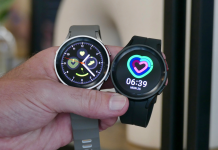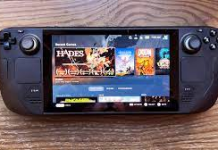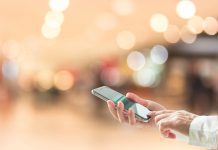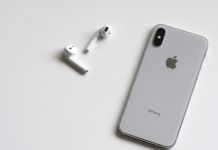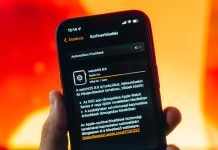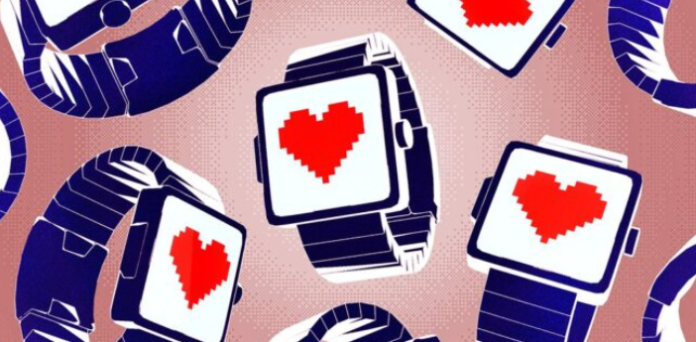During the COVID-19 epidemic, smartwatch proponents and wearable tech companies hoped the devices may help detect illness. They wanted to monitor people’s heart rates and oxygen levels to see if they were sick. However, two years later, the promise hasn’t materialized – the analysis remains undeveloped, according to a new examine published last week by The Lancet.
What’s New?
The review looked at 12 research studies and 12 suggested research procedures published in 2020 and 2021 that tried to find trends in data acquired by gadgets like the Apple Watch, Fitbit, and Whoop Most of those studies focused on people who had already tested positive for COVID-19.
Rather than observing healthy people and trying to predict who would get sick, researchers looked for trends in wearable data from a few days before an individual got sick. The authors of this new study are famous for not conducting rigorous medical trials. None of the current studies looked into whether a wearable system may help detect COVID-19 earlier.
The study found that most COVID-19 algorithms based on wearable data focused on symptoms. They were able to detect between 20 and 88 percent of infections before symptoms appeared. The more days they tried to predict illness, the less accurate the styles were.
What’s More?
To establish SARS-CoV-2 an infection sooner than symptoms appear, the study authors advise a trade-off between accuracy and speed. The devices may also be less effective as COVID-19 detectors, as early detection of sick persons allows them to be evaluated and isolated before spreading the sickness to others.
The more days they tried to predict illness, the less accurate the styles were.
There is proof that physiological indications including body temperature fluctuations, heart rate variability, and other measures are linked to illness. But it includes other illnesses besides COVID-19, and many of the studies in our review didn’t differentiate between COVID-19 and issues like the flu.
Fitbit’s research found parallels between knowledge on the flu and COVID-19, Conor Heneghan, director of research at Fitbit, told The Verge last year. In his opinion, it will be difficult to tell them apart reliably.
The use of such devices like COVID-19 or other sickness detectors raises ethical concerns, the authors write. It’s unclear if the models would work as well in non-white populations due to the study’s narrow racial range.
Digging In More Details
This is important since research shows that wearables perform differently and less precisely on darker skin tones. And none of the tested models considered the menstrual cycle, despite the fact that body temperature and other factors change over the cycle.
Despite the limitations of existing research, wearables may be a fantastic method to trace and monitor illness. There needs be more research done to prove it and to discover the best approach to use the devices in these settings. Experts agree that even a basic device that could notify someone to illness would be useful.
This is merely a warning that anything is out of the ordinary, and it may be something to regulate. Jennifer Radin, a digital drugs epidemiologist at Scripps Analysis Translational Institute.



